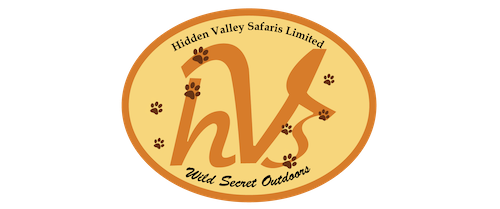In the eighties, the ILO had a Flood control program in Mto wa Mbu, that also assisted the district in improving the irrigation system. Various intakes and aqueducts ensure that the water flows to all farms in the area. At the border of the irrigated land, there are however serious problems of salutation, created by volcanic activities in the past. In this area, the Belgium organization ACT has in cooperation with the Monduli District Council built up a farm in order to try to use the land in a productive way and create employment for the local people. Among the crops that grow on the farm are many colourful flowers. The farm is also used as a centre from which ACT carries out its various community development activities. Nearby a dam has been built, where the Maasai cattle can drink water, even in the dry period. With support from ACT a Maasai women's group is producing energy saving stoves that use three times less firewood and therefore help to preserve the natural forests and reduce the workload of women. The profit from the tourism programme will be used for the promotion of these stoves and other development purposes in the area.
When you are in Mto wa Mbu, feel free to visit the Maasai women's group on Mondays and Wednesdays, when they produce the stoves. The women will proudly show you their production method.
